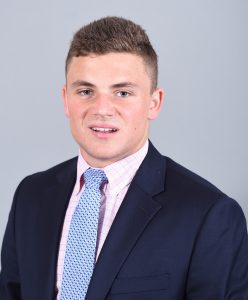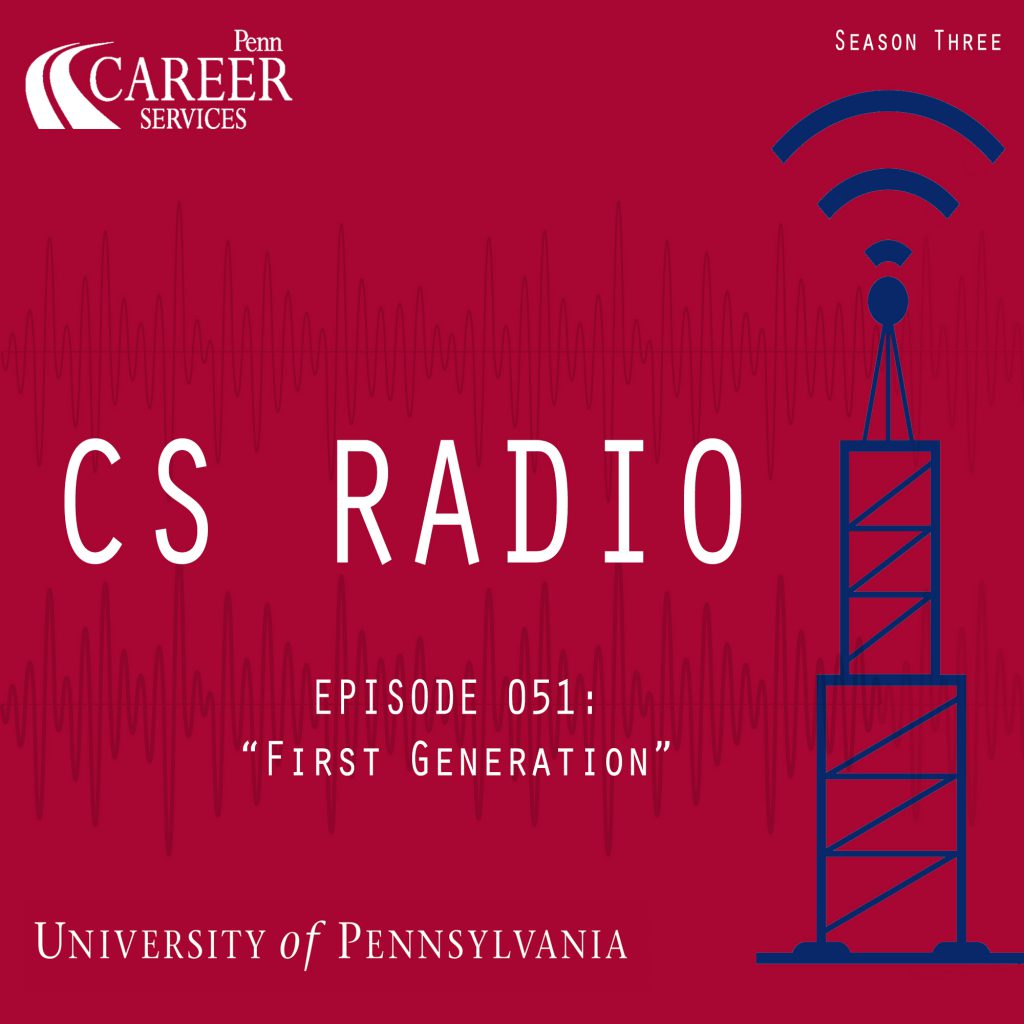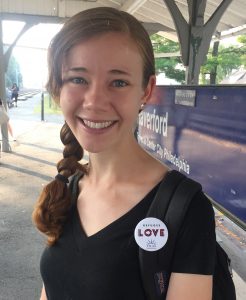This is the next in a series of posts by recipients of the Career Services Summer Funding Grant. We’ve asked funding recipients to reflect on their summer experiences and talk about the industries in which they’ve been spending their summer. You can read the entire series here.
This entry is by Charles Augustini, COL ’19
 While many of my friends from home spent another summer relaxing on the beach and working at the local ice cream shop, I packed my bags and went off to New York City to sit at a desk—and it was an amazing experience I will never forget. Working as a summer analyst for a boutique investment bank provided the skills and background for me to jumpstart my career in financial services, and I met many great people and made lasting memories along the way.
While many of my friends from home spent another summer relaxing on the beach and working at the local ice cream shop, I packed my bags and went off to New York City to sit at a desk—and it was an amazing experience I will never forget. Working as a summer analyst for a boutique investment bank provided the skills and background for me to jumpstart my career in financial services, and I met many great people and made lasting memories along the way.
Early on in my time at Penn, I identified that the financial services industry would be the best fit for my career after college. My teammates were working in finance, I liked the competitive nature of the industry and I admired the drive it took to be successful. However, until this summer, I knew next to nothing about the technical aspects or how analysts actually create value for a firm. As a PPE major in the College of Arts & Sciences, I simply lacked the practical background of my Wharton classmates. Fortunately, this lack of understanding all changed when I was given the opportunity to work at a boutique investment bank in New York City this summer.
The first few days in the office felt like the first week of college—a whirlwind of meeting new people, learning my role and establishing efficient habits. My eagerness to learn and propensity to put extra effort into each of my tasks earned me an invitation to join the firm’s Energy Group, which involved working on several live deals. Within the Energy Group, I learned from experienced associates and worked on important tasks, both collaboratively and independently.
Within a matter of weeks, I realized working as an analyst provides skills that aren’t taught in a Wharton classroom or learned by reading Breaking into Wall Street. As a result of the teaching I received from the firm’s directors and associates, I progressed from modifying Power-Points for both buy-side and sell-side deals to creating confidential information memorandums for live deals, adding sections to the firm’s pitch book, creating financial summaries of oil and gas companies and screening investors. Along with receiving hands-on training, I attended numerous meetings with clients and became skilled in analyzing financial databases such as CapIQ, Bloomberg Terminal and Preqin.
Although my summer wasn’t spent on the beaches of Cape Cod, I found more fulfillment in New York City than I would have anywhere else. With each live deal I worked on, I gained insight and real-world knowledge. Additionally, I received important advice from everyone in the firm including analysts, associates and directors, which is a benefit I would not have experienced at a larger firm. As a result of my fantastic summer experience, I am now prepared to land another great summer internship offer during OCR and I believe I am on the right path to a successful career in the financial services industry.





